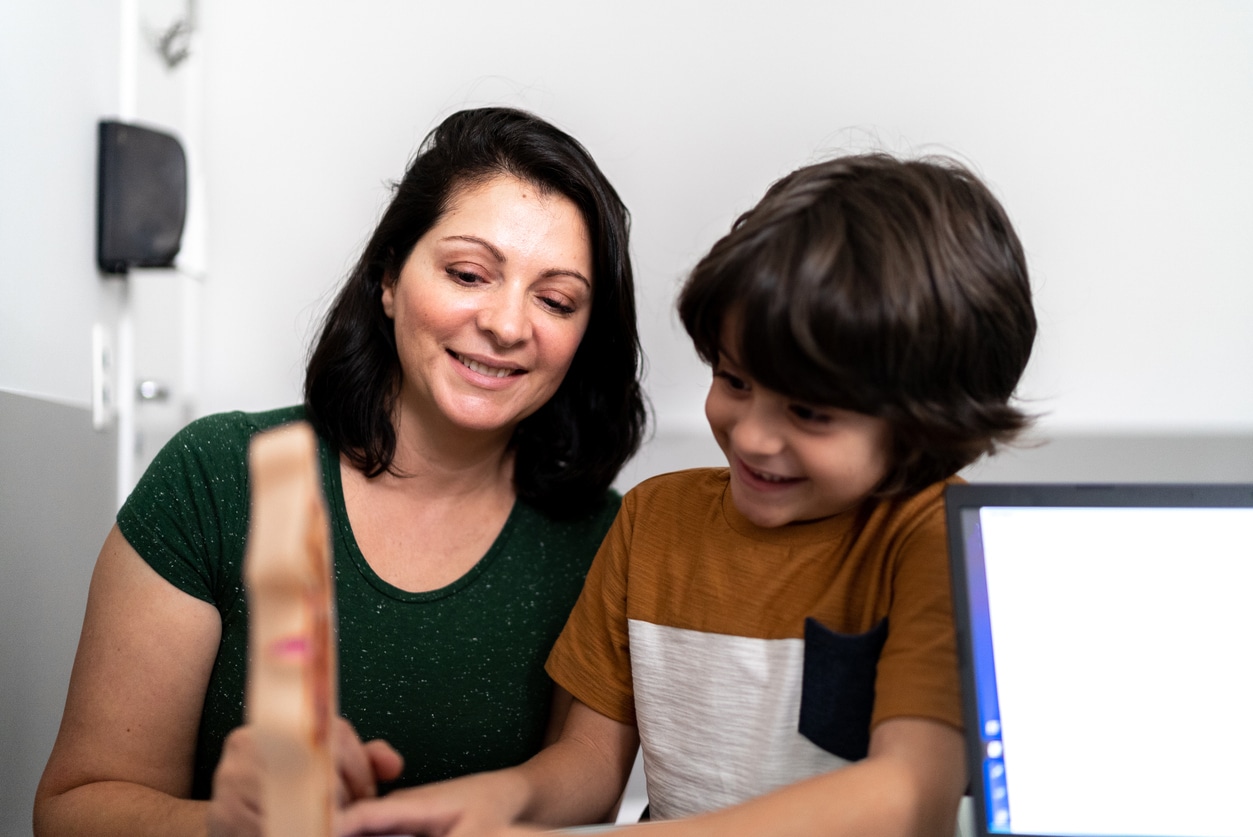Sinus infections are an inflammation of the air-filled spaces behind the forehead, nose and cheeks. Children are particularly susceptible to sinusitis because their sinuses do not fully develop until they reach their teenage years, making them more prone to blockage and inflammation.
What Are the Signs of a Sinus Infection?

Sinus infections can cause facial and ear pain or pressure, congestion, fever, postnasal drip and tooth pain. Because young children may not know how to communicate the specific symptoms they’re experiencing, it’s essential to keep an eye out for additional signs, including:
- Prolonged cold symptoms
- Fever
- Fussiness or fatigue
- Yellow or green mucus
Pediatric Sinus Infection Causes
Pediatric sinus infections occur for the same reasons as adult infections, though their small sinuses may make them more likely to experience severe or repeated cases. A few of the conditions that can lead to sinus infections include:
- Allergies
- Upper respiratory infections
- Deviated septum
- Tooth infections
- Nasal trauma
- Foreign objects in the nose
- Cleft palate
- Gastroesophageal reflux disease (GERD)
Are Sinus Infections Contagious?
Sinus infections themselves are not contagious, but the underlying cause can be. The best way to identify the underlying cause and find a treatment path is to schedule an appointment with Ear, Nose & Throat Associates.
What Are My Treatment Options?
Acute sinus infections will likely go away on their own within seven to ten days. A few ways you can manage their symptoms at home include:
- Allergen avoidance. If allergens like pollen, dust mites, pet dander or mold contribute to your child’s sinus infections, plan to avoid them as much as possible. For example, if they’re allergic to pollen, avoid Franke Park on high pollen days.
- Decongestants. Decongestants provide short-term congestion and inflammation relief. Speak with your provider for your best options.
- Run a bath. The steam from a hot bath can help clear your child’s congestion. Try adding fun toys or colorful bath bombs to cheer them up while they’re sick.
- Hydration. Offer plenty of water and fruit juice to thin mucus and promote drainage.
It’s important to know when professional medical help is necessary. You should seek the advice of an ENT specialist if:
- Your child’s sinusitis symptoms persist beyond 12 weeks
- There are four or more sinus infections in a year
- Your child experiences severe symptoms such as high fever, swelling around the eyes, severe headaches or vision changes
- Over-the-counter medications and home treatments fail to alleviate symptoms
If frequent or long-lasting sinus infections bog down your child, contact Ear, Nose & Throat Associates today to schedule an appointment with one of our trusted specialists. We are here to help you effectively manage and treat your child’s sinusitis.